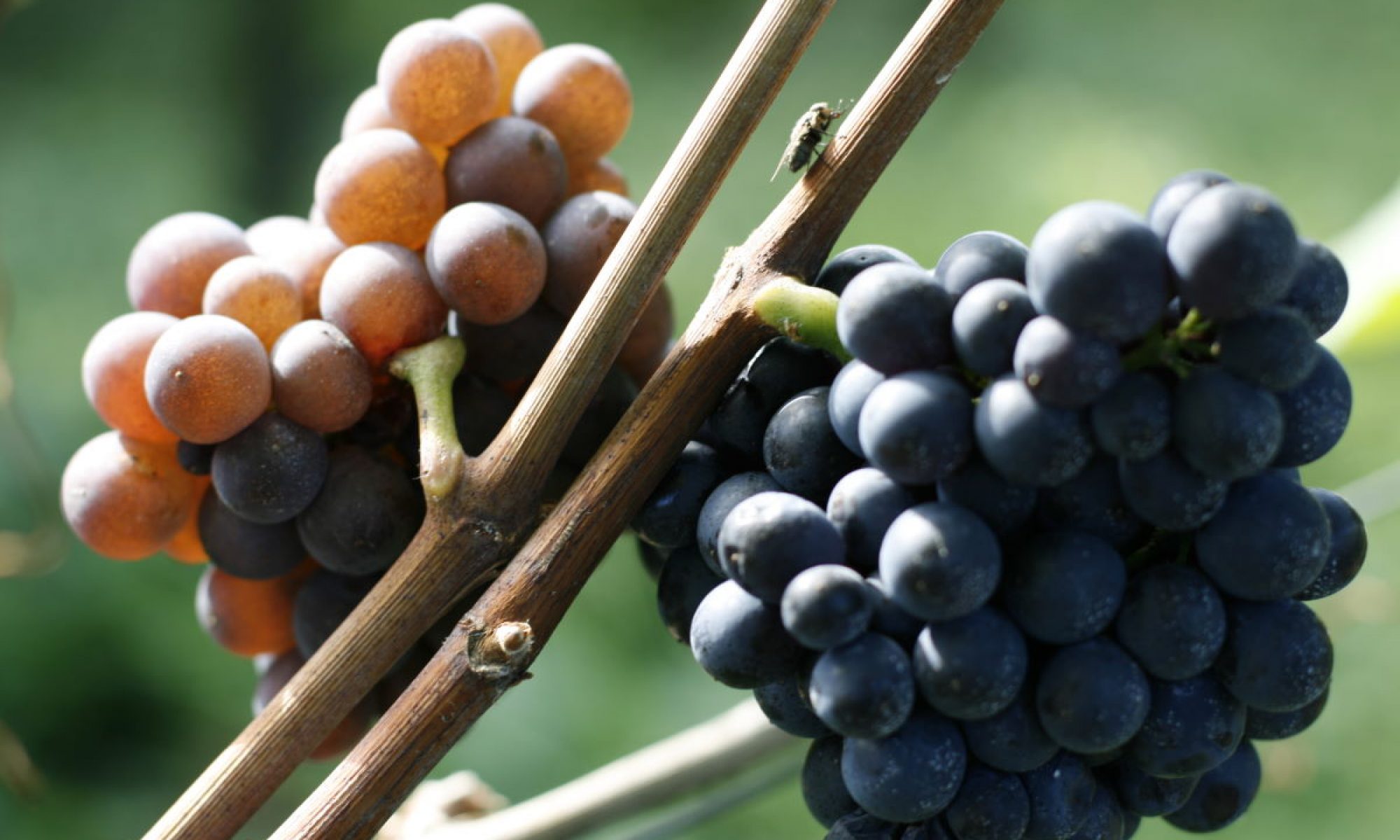This is a translation of an article by Wolfgang Fassbender on wein.com.
Screw cap or cork? Sure thing!
The screw cap is in the opinion of many experts, the best way to seal wine bottles. But while New Zealand or Australia rely heavily on the modern type of closure, many winemakers from Baden, the Moselle, or from the Palatinate stay with corks. And of course also the large domains in France, Italy, Spain or Portugal. One of the German pioneers of screwcaps is still not tired of praising the virtues of modern closures.
Ten years ago, Karl Heinz Johner and Patrick from Baden have decided to use screwcaps for their complete wine production – including the top red wines. A decision that applies until today, but still leads to discussions. We spoke with Patrick Johner.
Mr. Johner, why did you and your father change the closure? Going away from natural cork to screwcaps?
In Germany, we have always been a pioneer of innovative ideas. Ideas, not originated from ourselves, but from colleagues from abroad with great success and only one goal in mind: Improved product quality. From France and the USA, we have learned how wines are vinified in oak barrels. From Italy and southern France, we have learned how to deal with rainy vintages. In terms of screwcapping wines, the models came from overseas – Australia and New Zealand. End of the 90s the cork problems were getting worse. The use of plastic stoppers ended in our case in a disaster. Long time user reviews from Australia then led to the decisive clue.
Ten years of experience – has the screwcap been proven?
Absolutely. But you have to consider a lot of pitfalls. Local colleagues with screwcap experience on their liter bottles pointed us to some problems. Then we added the experiences from Australia. Everything had to be taken into account to move forward.
What are these pitfalls?
There are two main aspects. The oenological, where you have to ensure that the wine is perfect with no reductions on the bottle. The second relates to the filling and the subsequent handling of the bottle head. Natural cork is a wonderful material that forgives slight mistakes in the corking machine as it’s a closure sealing from inside. When you use screwcaps everything has to be right. The actual sealing surface is much smaller and much more sensitive to errors, e.g the glass surface must not have any orange peel or micro-cracks.
Many winemakers tell that the wine must breathe and will do so only under natural cork. Is that wrong?
One must distinguish two different ripening processes here. Subtle diffusion of oxygen causes faster aging. The sulfites are oxidized to sulfate faster here, and the wine loses its “anti-oxidant”. And then there’s the ripening process without a supply of oxygen. The oxidation protection by sulfites or tannins remains much longer. The tannins polymerize much slower, and the risk of reductions on the bottle increases with improper vinification. If everything goes perfectly, the shelf life is multiplied.
Wines with screwcaps mature as well as with corks?
Under screwcaps wines ripen slower than under cork. Last year, I was lucky to be in the Pinot Noir Ten-Years-after-tasting of the wine guides Gault Millau. We tasted from that hot 2003 vintage. About 50 percent of the wines were “over-aged” and devalued by the tasters. On the other hand our wine was far too young according to their opinion. Meanwhile, some colleagues have followed us and switched to screwcaps, but many German winemakers remain bottling their best wines under cork.
There are still customers who prefer to buy the wine under cork?
Yes, unfortunately, but they are no longer our customers anymore.
Are you getting enough support from the research institutes? Is it already clarified that wines with screw cap can be just as good as (or better than) with corks?
The duration of long-term studies at the institutes in germany usually amounts to a maximum of three years. In comparison with the shelf life of international cult wines it’s a joke. Unfortunately, there is no better or worse. Cork lovers might possibly miss the subtle cork flavours (just like oak flavours), apart from the ritual.
There is even progress within natural corks. Will you ever change again?
Luckily I know the gas diffusion rates of the various closures. I will stay with high quality screwcaps with tin foil liners. I want the maximum possible shelf life and currently there is no alternative.
What other experience can you share with your colleagues?
Honestly, I hope that my colleagues fill at least a few bottles of their top wines for internal testing purposes under screw cap. Just so they can really see for themselves whether they like or dislike this alternative type of bottle ageing.
